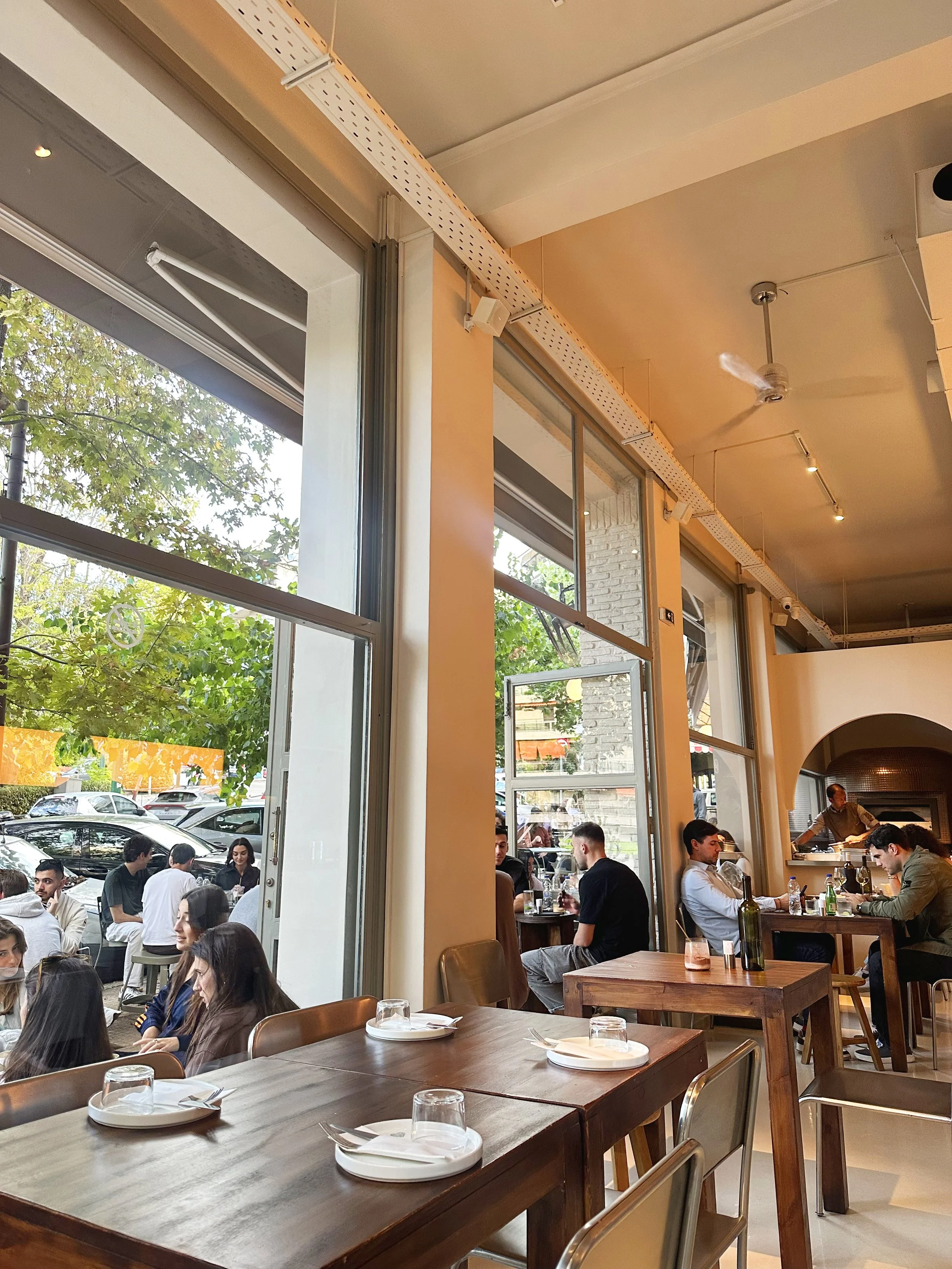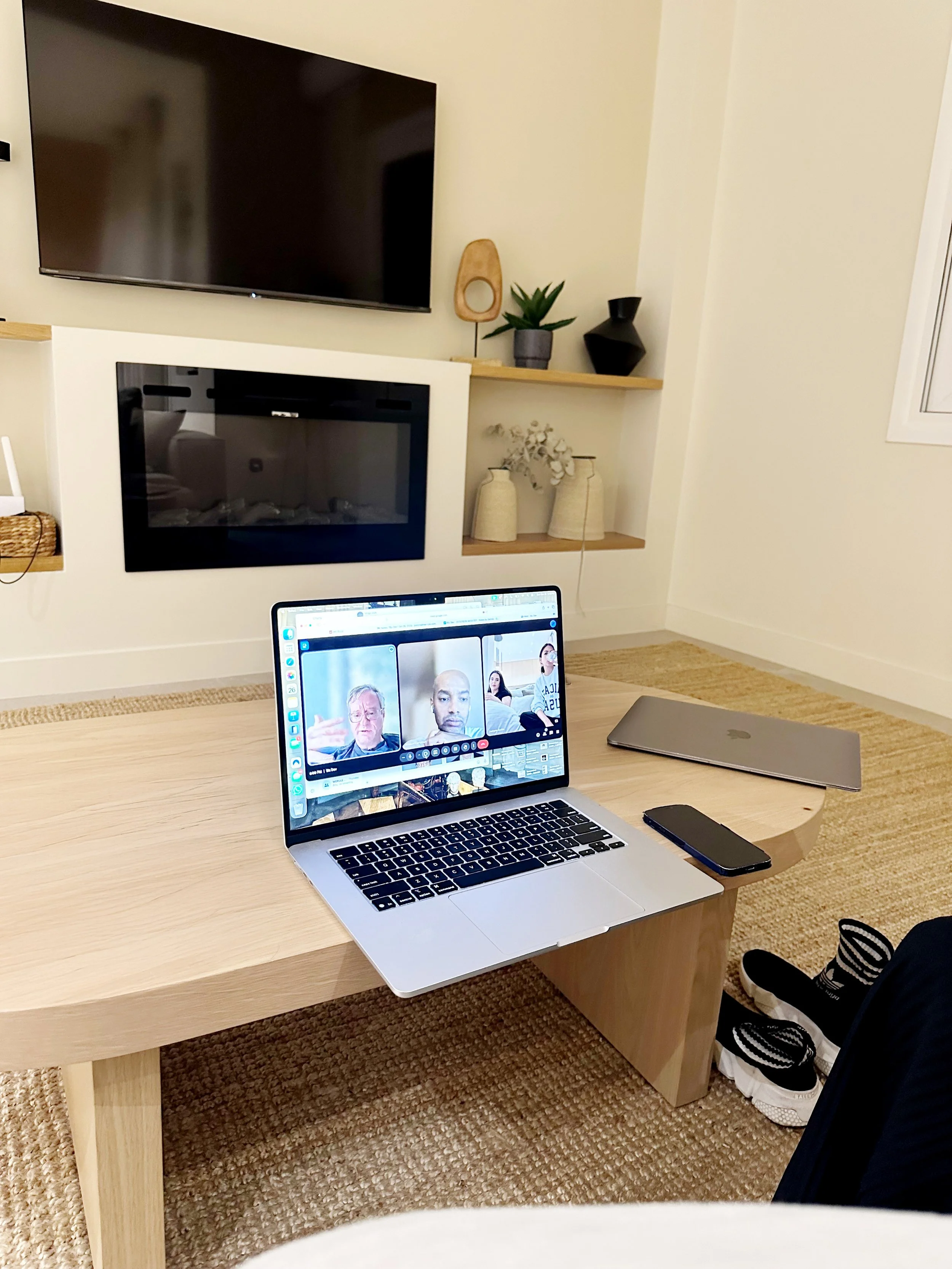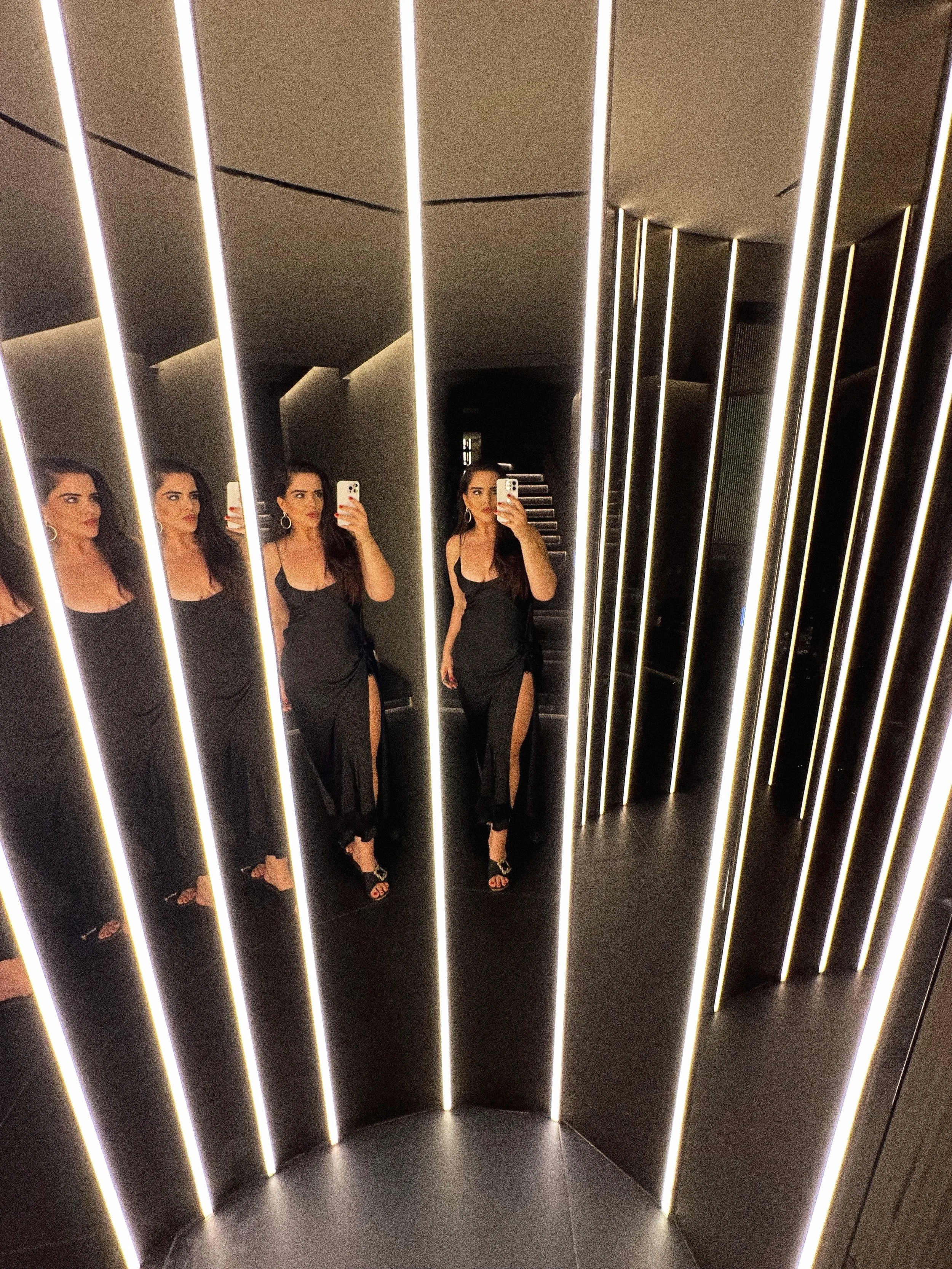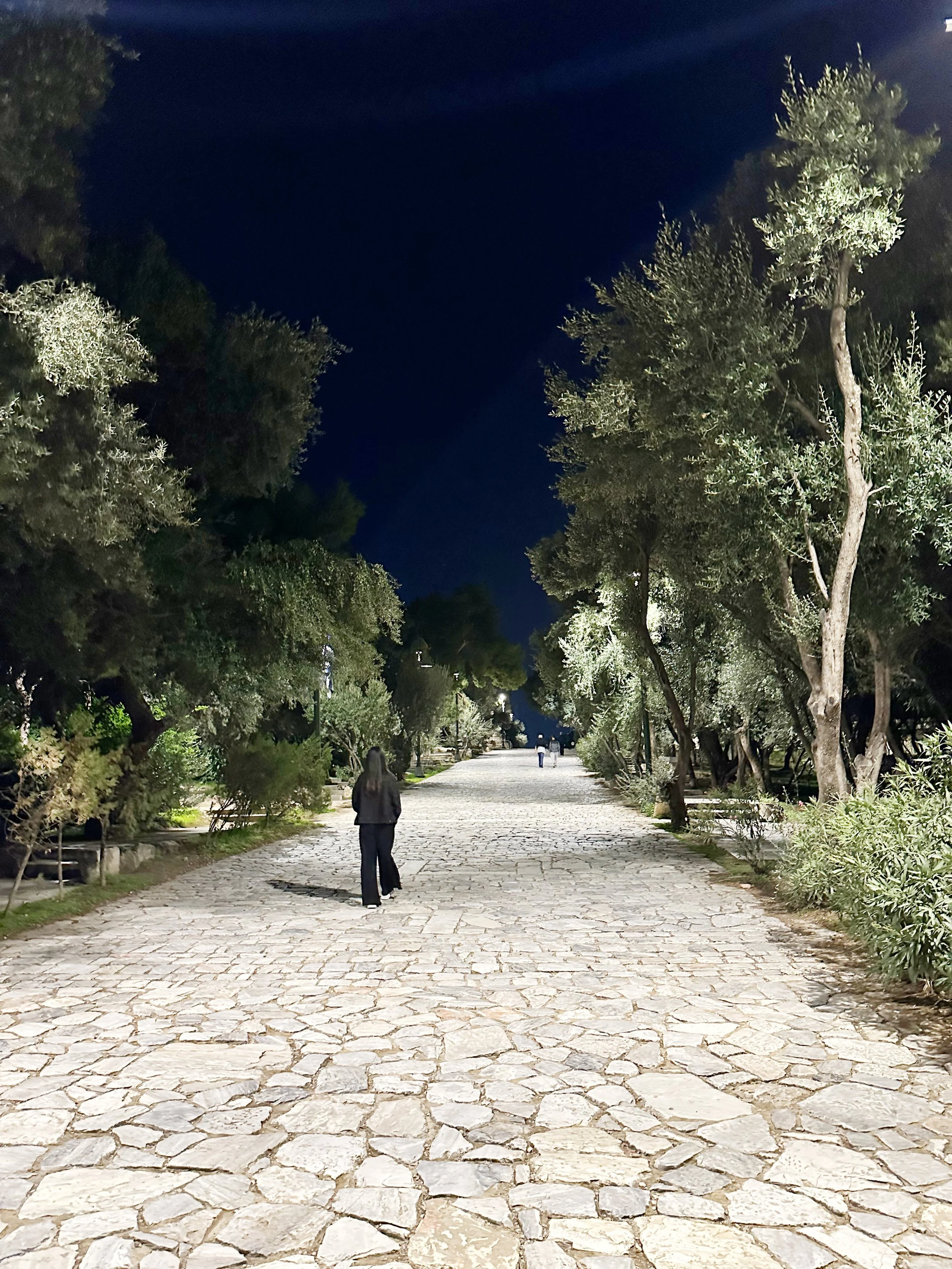The Athenian Heresy and the Tyranny of the Open Laptop
As a New Yorker, you are trained to see a coffee shop as an auxiliary office. It is a place of "performative productivity," a sea of glowing screens and noise-canceling headphones, a space where everyone is silently signaling their importance, their busyness, their hustle.
Then you come to Athens.
I’m staying in what feels like the city’s "Greenwich Village," a neighborhood humming with a young, kinetic energy. But here, the coffee shops are a beautiful heresy. They are loud. They are full. And there is not a single open laptop in sight.
Not one.
The tables are crowded with friends arguing, laughing, and chain-smoking. The coffee, which is unexpectedly, profoundly good, is sipped slowly. Businesses on the street don't open until 1 PM. No one seems to be working. Everyone seems to be living.
My first reaction was a jolt of classic NYC anxiety. "How does anything get done?" My second, more powerful realization was: "This is a breath of fresh air."
And it's a strategic philosophy we in the hustle-obsessed West have completely forgotten.
On Good Coffee and Bad WiFi
There is a beautiful, revealing friction to this city. The coffee is an artisanal masterpiece, a slow-drip, human-centric ritual designed to be savored for an hour. The WiFi, for a major European capital, is shockingly bad.
This isn't a flaw. I've come to see it as a cultural feature.
The "tech-bro" world we live in is obsessed with seamlessness, with removing every possible point of friction. Athens, perhaps unconsciously, retains its friction. The bad WiFi is a "bug" that forces you to disconnect. The good coffee is a "feature" that forces you to be present.
The city is subtly, stubbornly rejecting the optimized, digital-nomad, "work-from-anywhere" life. It is quietly suggesting that you should be somewhere, not just work from somewhere. It’s a physical, infrastructural middle finger to the idea that every waking moment is a potential opportunity for productivity.
The Hustle Culture Hangover
I live and work in New York City. I love the hustle. It’s the engine of the world. It’s where the economy is bigger, the deals are bigger, and the financial rewards are undeniable.
But Athens, in its glorious, sun-drenched "inefficiency," forces you to ask the terrifying question: ...at what cost?
The NYC hustle is a religion that demands total sacrifice. It sacrifices presence for progress, connection for a full calendar. We’ve become so obsessed with "building" a life that we’ve forgotten to live it.
The young people in these Athenian cafes don't have the same access to the global-scale "opportunities" we do. But in that limitation, they seem to have found a profound freedom. They are not defined by their jobs. They are not racing against an invisible clock. They seem to have chosen connection. They seem, in a way that is almost confrontational to a New Yorker, to be genuinely happier.
They are living their Main Character Era by prioritizing the plot, not just the background grind.
The Beauty of a Different Definition
This isn't a tourist's naive fantasy. It is a strategic observation. The "opportunity" we chase in NYC is the opportunity to make more, to build bigger, to scale faster. The "opportunity" this culture seems to value is the opportunity to drink a coffee with a friend at 3 PM on a Tuesday, to have a three-hour dinner, to live a life that is not in a relentless state of optimization.
This experience is inspiring, not because it makes me want to stop working, but because it challenges me to redefine why I work.
It's a reminder that the hustle is a tool, not the entire point. The goal isn't to build a life of success that leaves you with no time to enjoy it. The goal is to build a life of purpose, and part of that purpose is to be present, to connect, and to savor the one, non-renewable asset we all have: our time.
I came to Athens for a few days. I'm leaving with a new, rebellious philosophy.




